You have not yet added any article to your bookmarks!

Join 10k+ people to get notified about new posts, news and tips.
Do not worry we don't spam!
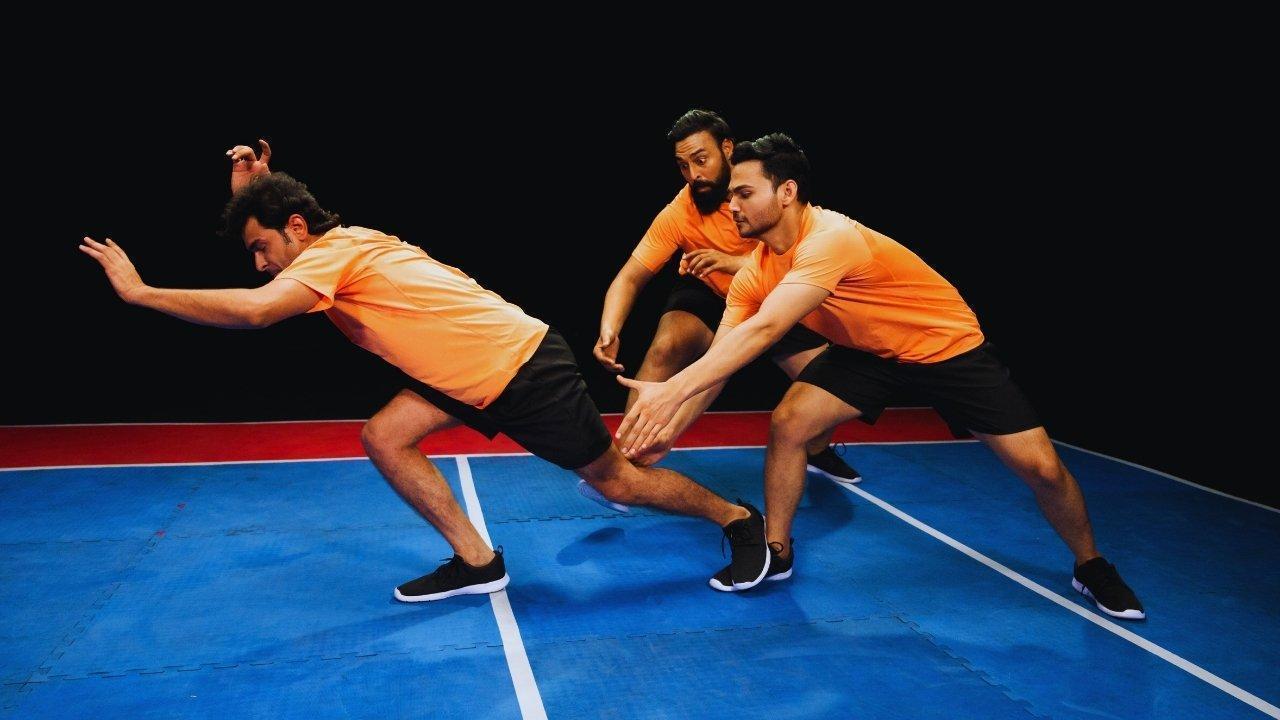
Post by : Anis Farhan
Kabaddi, long celebrated as one of India’s oldest and most physically demanding sports, has taken a historic leap with the launch of the Global Kabaddi League (GKL) in 2025. The initiative is not only a sporting event but also a cultural export, aiming to take a traditional South Asian pastime to audiences worldwide. While kabaddi already enjoys a strong following in India, Pakistan, Bangladesh, and parts of Iran, the new league aspires to make it a household name in Europe, North America, and beyond.
The GKL, featuring teams backed by both Indian and international investors, is set up in a franchise model similar to cricket’s Indian Premier League. The difference, however, lies in its mission—to blend the sport’s grassroots appeal with global entertainment standards. The question remains: can kabaddi overcome cultural barriers and become a global phenomenon?
Kabaddi is believed to have originated over 4,000 years ago, with references found in Indian epics like the Mahabharata. Known for its raw physicality, teamwork, and mental toughness, the sport requires no equipment, making it accessible to millions in rural Asia. The GKL is banking on this simplicity while adding glamour through advanced stadium designs, international commentators, and high-definition broadcasts.
By framing kabaddi as both an athletic and cultural showcase, organizers hope to capture not just South Asian expatriates but also international fans hungry for fast-paced, adrenaline-fueled sports. Unlike cricket or football, kabaddi offers a unique mix of combat, agility, and strategy that can appeal to viewers across cultures.
The GKL currently features franchises based in major Indian cities like Mumbai, Delhi, and Bengaluru, alongside international entries from Dubai, London, and Toronto. This cross-border approach is designed to ensure that kabaddi’s growth isn’t confined to South Asia.
The inclusion of teams backed by global investors is crucial for expansion. Dubai, for instance, is being positioned as a hub for Middle Eastern kabaddi, while Toronto caters to the growing South Asian diaspora in Canada. London brings European visibility, and future plans include franchises in the United States, Singapore, and Australia.
Much like how basketball and football leagues marketed themselves globally, kabaddi’s organizers are using diaspora communities as launch pads to attract wider audiences.
One of the strongest weapons in kabaddi’s global push is digital media. The league has secured broadcasting partnerships across Asia, Europe, and North America, ensuring live coverage on sports networks and OTT platforms. Beyond traditional viewing, GKL organizers are investing heavily in short-form video content, social media highlights, and AI-driven fan engagement.
Given the popularity of quick, action-packed clips on platforms like TikTok and Instagram, kabaddi—with its fast raids and sudden turnarounds—fits perfectly into the digital sports era. The league is also experimenting with immersive technologies such as VR replays and interactive commentary, which could appeal to tech-savvy younger audiences.
For kabaddi to truly become global, inclusion in the Olympic Games is seen as a milestone. While the International Kabaddi Federation has been lobbying for recognition for years, the GKL’s structured approach may provide the credibility needed to persuade the International Olympic Committee.
If kabaddi makes it to the Olympics—similar to how sports like skateboarding and breakdancing entered recently—it could gain legitimacy and global acceptance. Organizers are optimistic that the combination of international franchises, increasing media coverage, and grassroots expansion will strengthen kabaddi’s Olympic bid.
Despite its ambitions, kabaddi faces significant challenges. For one, it lacks the historical global exposure of football or basketball. Audiences in Western markets may initially see it as too niche or difficult to understand.
Another challenge is standardization. Kabaddi has multiple formats—circular style in Punjab, and rectangular style used internationally. The league must balance traditional authenticity with standardized rules that are digestible for new viewers.
Finally, there’s the issue of athlete development outside South Asia. While India, Iran, and Pakistan produce world-class kabaddi players, talent pipelines in Europe or North America are almost nonexistent. Without investment in grassroots academies abroad, kabaddi risks being seen as an expatriate sport rather than a truly global one.
Sponsors are betting big on kabaddi’s future. Major sports brands, Indian corporations, and even tech startups have invested in the GKL, seeing it as a chance to tap into a sport that combines tradition with innovation. Merchandise sales, digital collectibles, and fantasy kabaddi apps are already rolling out to engage younger fans.
If successful, kabaddi could open up an entirely new sports economy segment, much like cricket did with the IPL. For brands, this means early entry into a market that has the potential to expand rapidly.
Initial reactions to the Global Kabaddi League have been positive, especially among South Asian audiences who see it as a matter of cultural pride. Social media platforms are buzzing with discussions about the internationalization of the sport, with fans from Dubai, London, and Toronto eagerly awaiting the first games.
Some skeptics, however, worry that the sport may lose its authenticity under the glare of commercialization. For example, kabaddi has always been about grit and simplicity, while the new league introduces flashy lights, celebrity endorsements, and entertainment-heavy elements. Whether this enhances or dilutes the sport’s essence will be closely watched.
If kabaddi succeeds in sustaining international interest, it could join cricket and yoga as India’s most successful cultural exports. The Global Kabaddi League is not just about sport—it is about rebranding tradition for a modern, interconnected world.
By blending its raw, rural origins with international marketing strategies, kabaddi is poised to become one of the most unique sporting spectacles of our time. The coming years will determine whether this bold experiment will rewrite the narrative of global sports—or remain a regional phenomenon with global ambitions.
This article is for informational purposes only. It reflects ongoing developments around the Global Kabaddi League in 2025 and its potential impact on global sports. Opinions expressed are based on current events and public information available at the time of writing.

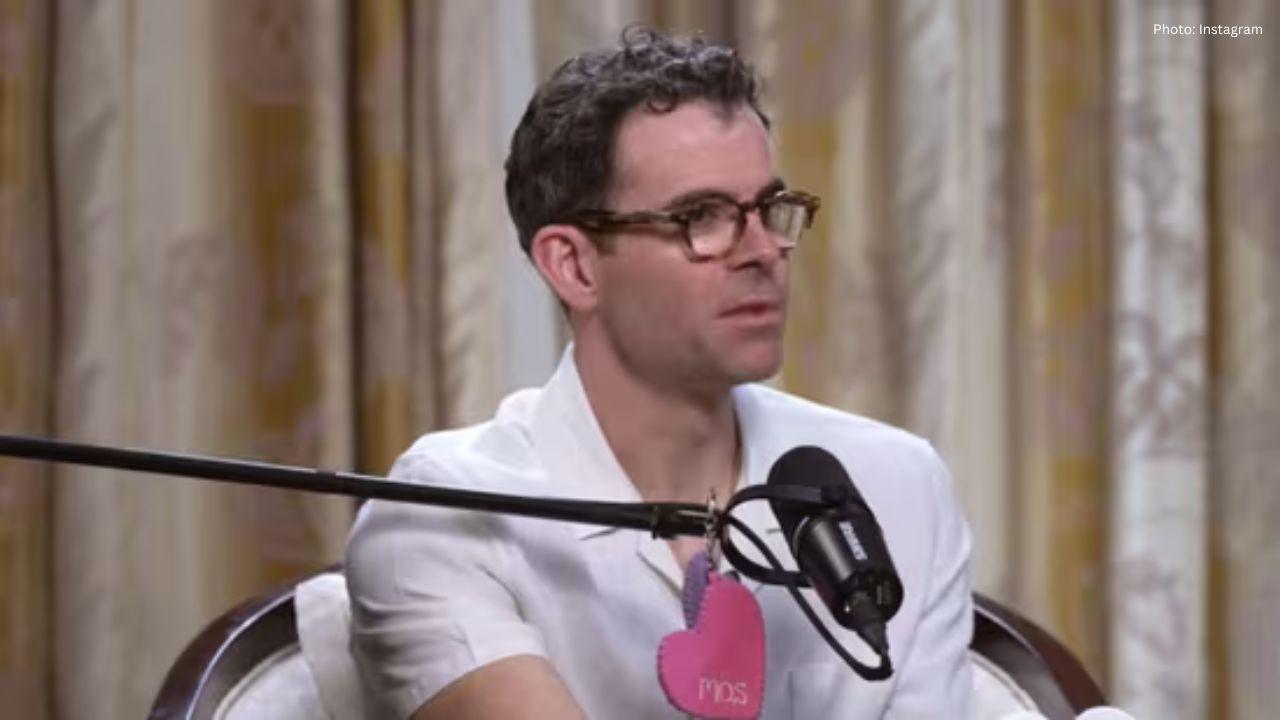
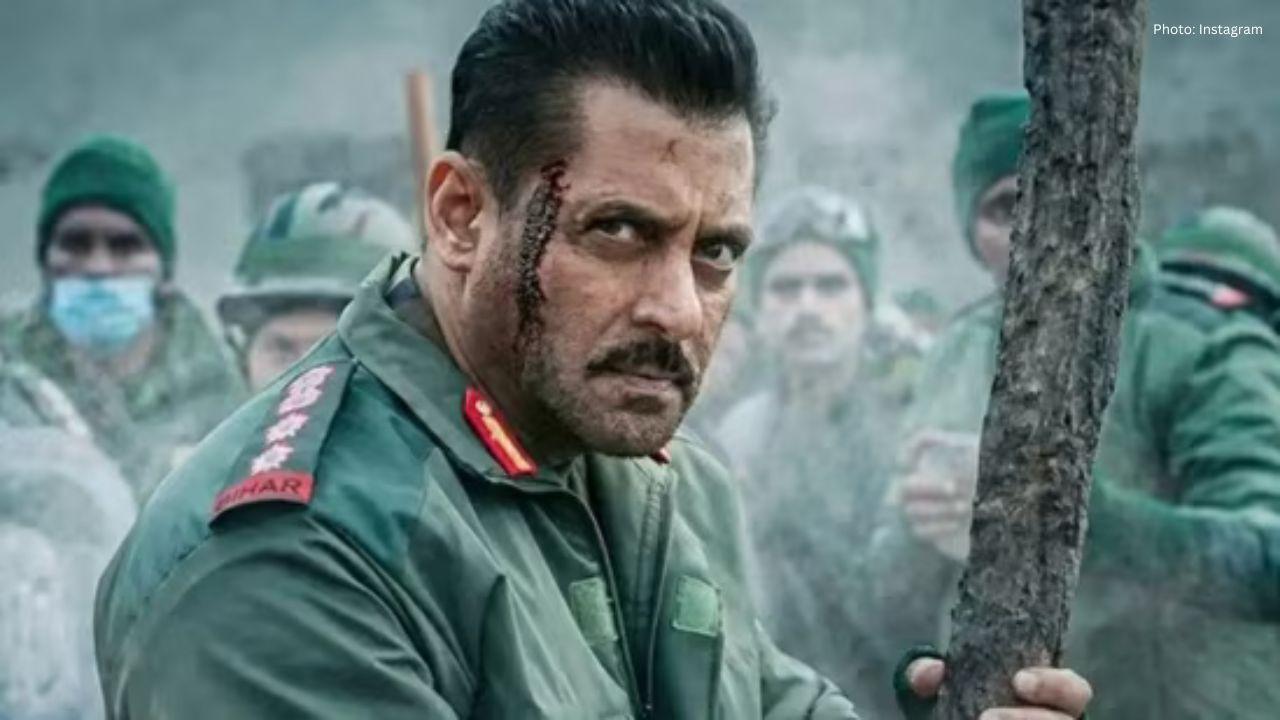
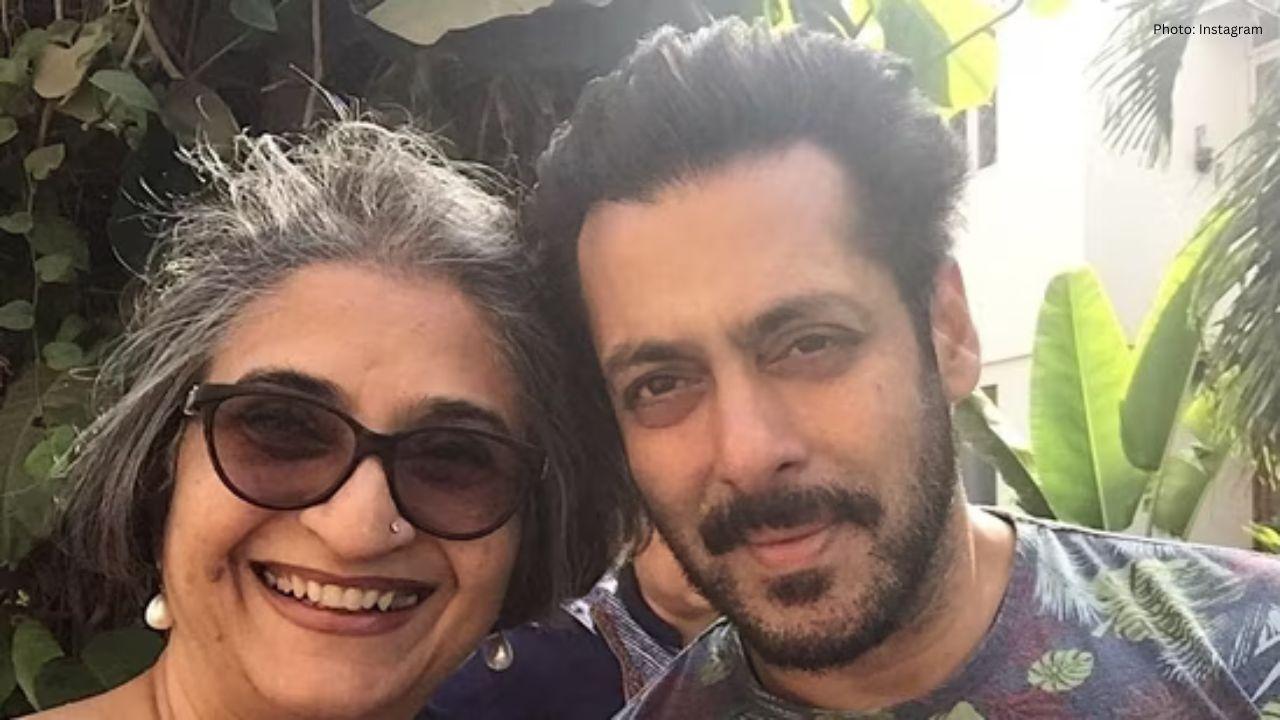

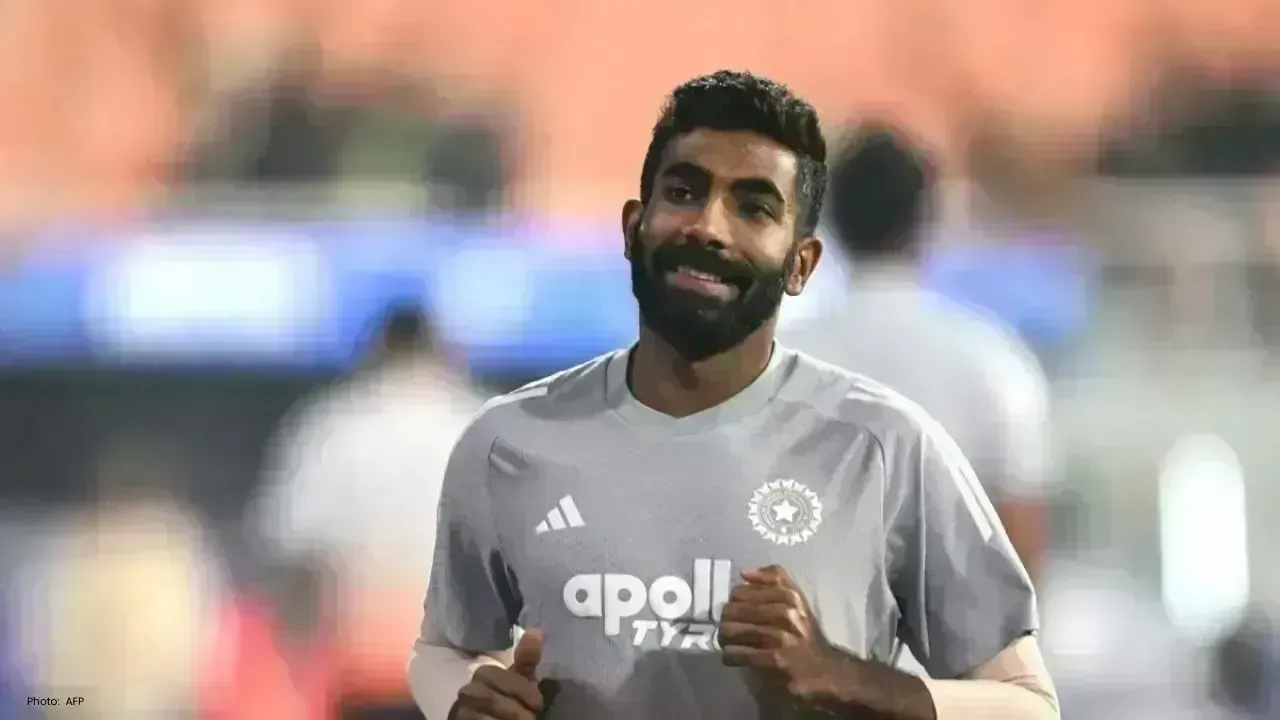
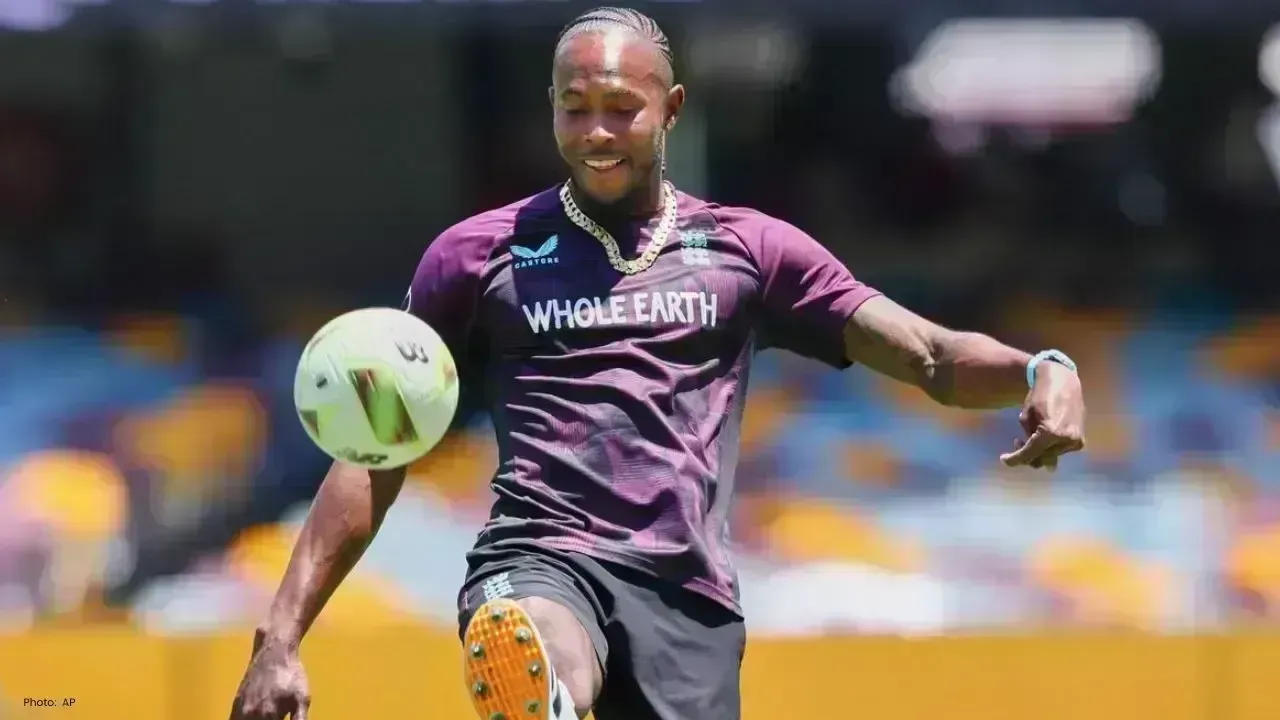
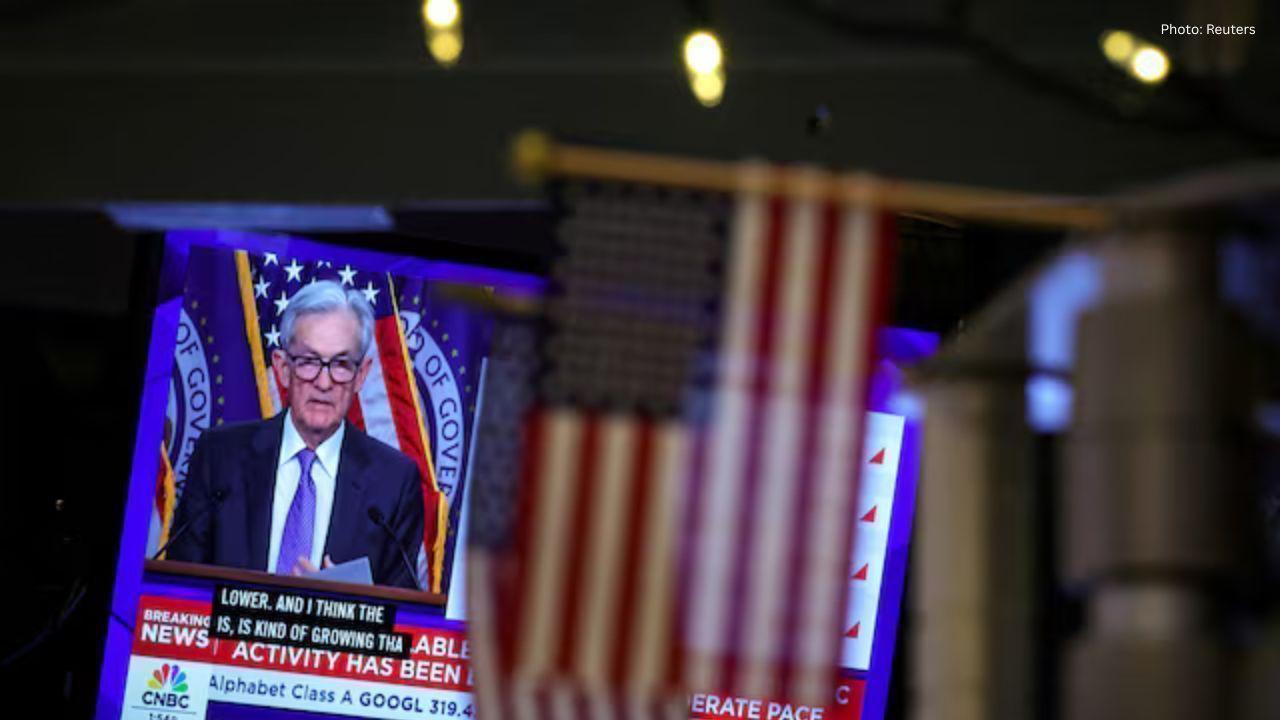
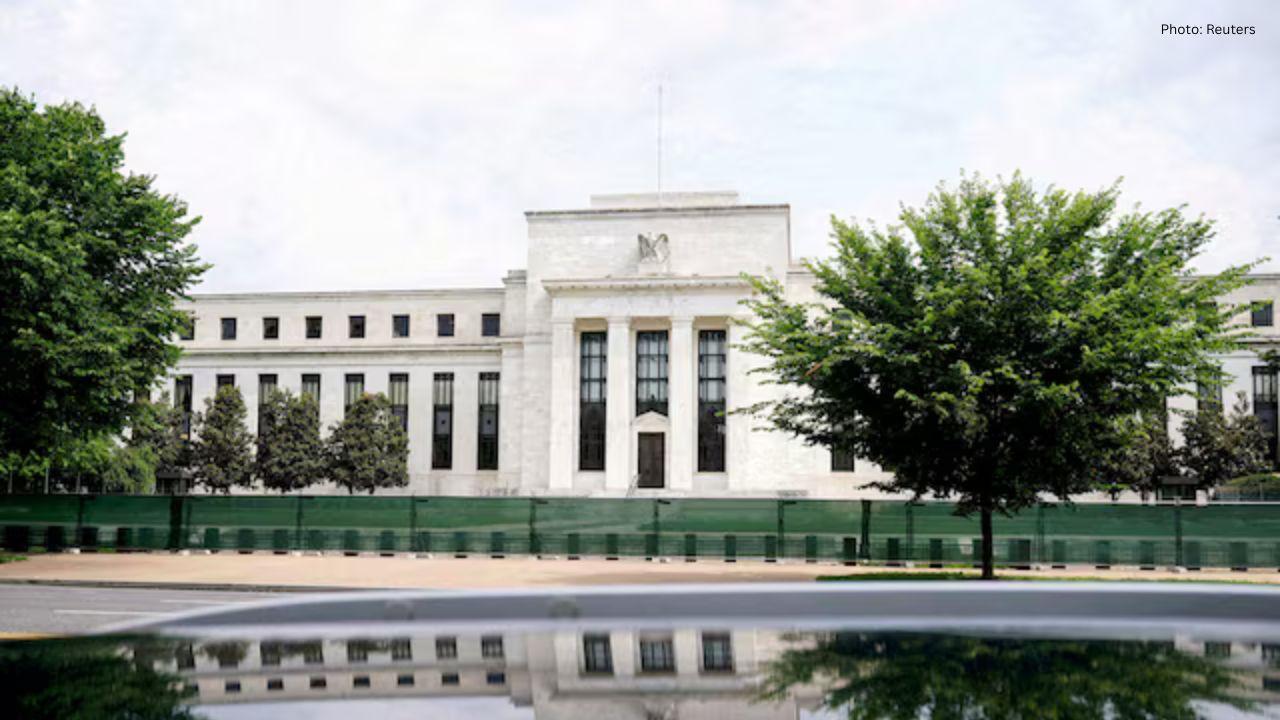

Rashmika Mandanna, Vijay Deverakonda Set to Marry on Feb 26
Rashmika Mandanna and Vijay Deverakonda are reportedly set to marry on February 26, 2026, in a priva

FIFA Stands by 2026 World Cup Ticket Prices Despite Fan Criticism
FIFA defends the high ticket prices for the 2026 World Cup, introducing a $60 tier to make matches m

Trump Claims He Ended India-Pakistan War, Faces Strong Denial
Donald Trump says he brokered the ceasefire between India and Pakistan and resolved eight wars, but

Two Telangana Women Die in California Road Accident, Families Seek Help
Two Telangana women pursuing Master's in the US died in a tragic California crash. Families urge gov

Ranveer Singh’s Dhurandhar Roars Past ₹1100 Cr Worldwide
Ranveer Singh’s Dhurandhar stays unstoppable in week four, crossing ₹1100 crore globally and overtak

Asian Stocks Surge as Dollar Dips, Silver Hits $80 Amid Rate Cut Hopes
Asian markets rally to six-week highs while silver breaks $80, driven by Federal Reserve rate cut ex